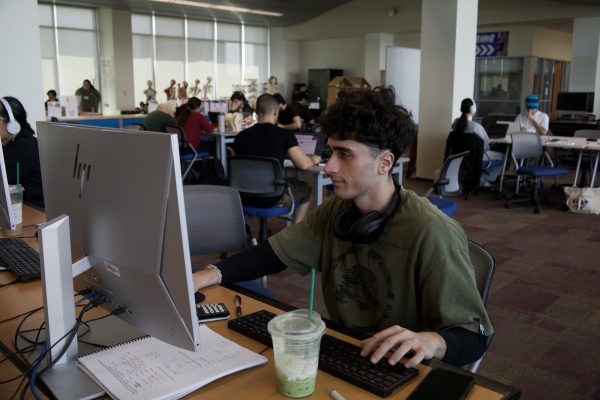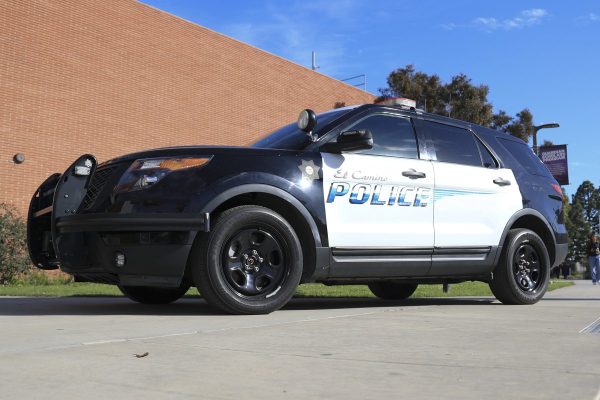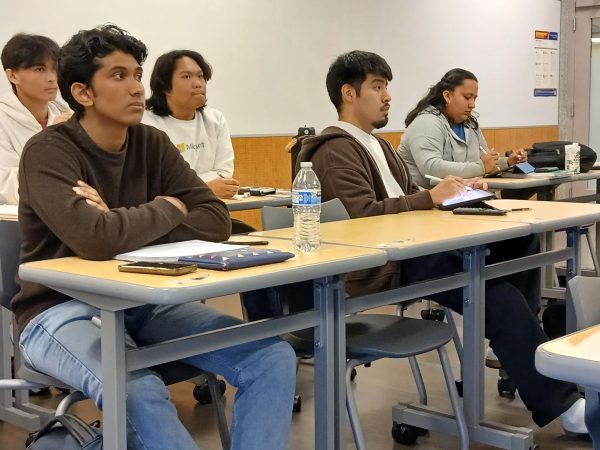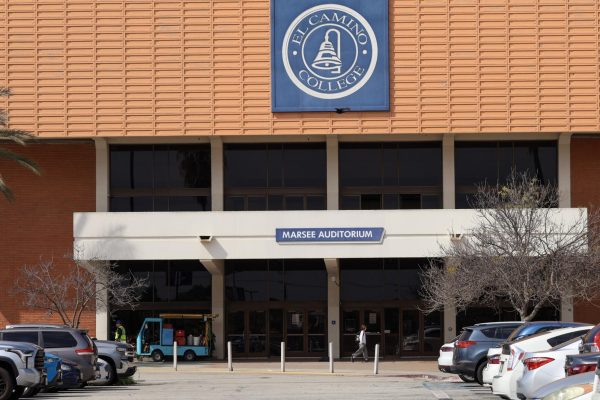‘We could be in this situation in the spring’: Chancellor says prepare for classes to remain online
Classes may remain online at California community colleges in the spring 2021 semester. Chancellor Eloy Ortiz Oakley has advised colleges to be prepared to continue online instruction if that is the case. Omar Rashad/The Union
The California Community Colleges Chancellor Eloy Ortiz Oakley made several announcements about the 2020 to 2021 academic year, the future of transferring to four-year universities, CARES Act distributions for colleges and refunds for students. Here’s what you need to know:
Social distancing and online learning may continue into spring 2021
While Oakley has said in the past that colleges should make the necessary preparations to remain online in the fall 2020 semester, he went a step further and said this situation can possibly continue into the spring 2021 semester as well.
“It’s possible that we could be in this situation in the spring if in the next flu season, COVID-19 pops back up,” Oakley said. “Hopefully we won’t. Hopefully we’ll have a vaccine. Hopefully we’ll be in a much better position.”
Furthermore, Oakley noted that none of the California community colleges will close offerings and colleges should be prepared to continue to offer courses under some sort of social distancing protocol if the COVID-19 health crisis gets closer to a resolution in the future.
“What that means is that we may be partially open in terms of physical locations but we will try to maintain some sort of social distancing protocol, have a lot more online courses so that we can maintain distance and maintain public health,” Oakley said. “If we don’t need that flexibility, great. We’re asking colleges to be prepared in the fall and the spring to be able to work through that scenario.”
Does opting for pass/no pass courses impact transferring to the UC and CSU school systems?
The UC and CSU school systems have provided information to the Chancellor’s Office regarding accommodations for students who have decided to change their classes to a pass/fail basis, an option commonly considered by those having difficulty with getting accustomed to online learning. Both university systems are accepting pass/fail courses and adjusting admissions requirements.
“They’re accepting pass/no pass,” Marty Alvarado, Executive Vice Chancellor for Educational Services, said. “They’re working with students who may not be completing ADT and may need to defer enrollment or transfer or may transfer a few units shy of the whole 60 required.”
Alvarado also said additional accommodations will be made for students who plan to transfer in the future as well.
“But they are different,” Alvarado added. “CSU is really the most comprehensive. UC is a little bit less comprehensive just given the diversity amongst their campuses.”
Community colleges receive support from the federal government
The 115 institutions that comprise the California community colleges have altogether received $300 million from the federal government via the CARES Act, providing relief for colleges in a time in which most institutions are facing deficits.
“The allocation goes directly to colleges based on full-time enrollment,” Oakley said. “Those colleges receive guidance that they should be using them to serve the needs of our lowest-income students first and then trying to do everything they can to address the challenges that our students are having.”
Colleges are receiving support from the Chancellor’s Office to give refunds
For colleges experiencing a high volume of course drop rates, Oakley’s office is providing additional support to colleges if they are heavily impacted by cuts to student revenue.
“If a student has a COVID-19-related circumstance, we expect our colleges, if they’re asking for a refund, to give the refund,” Oakley said. “The colleges will not be penalized for giving that refund so they won’t lose any enrollment dollars and we are working to provide them backfill for the loss of student revenue.”





![Physics and astronomy professor Susan Stolovy presents astronomical news and updates to attendees at the first planetarium show of the semester at El Camino College on Friday, March 28. Prior to becoming a professor at ECC, Stolovy completed her doctorate in physics and worked as an astrophysicist for NASA and the California Institute of Technology on spacecraft missions. "[I'm] still very tuned into what's going on in the world of research as well, and I hope to bring a little bit of my experience into the classroom," Stolovy said. (Nikki Yunker | The Union)](https://eccunion.com/wp-content/uploads/2025/03/planetarium-Made-with-Clipchamp-3-frame-at-0m28s-600x338.jpg)

